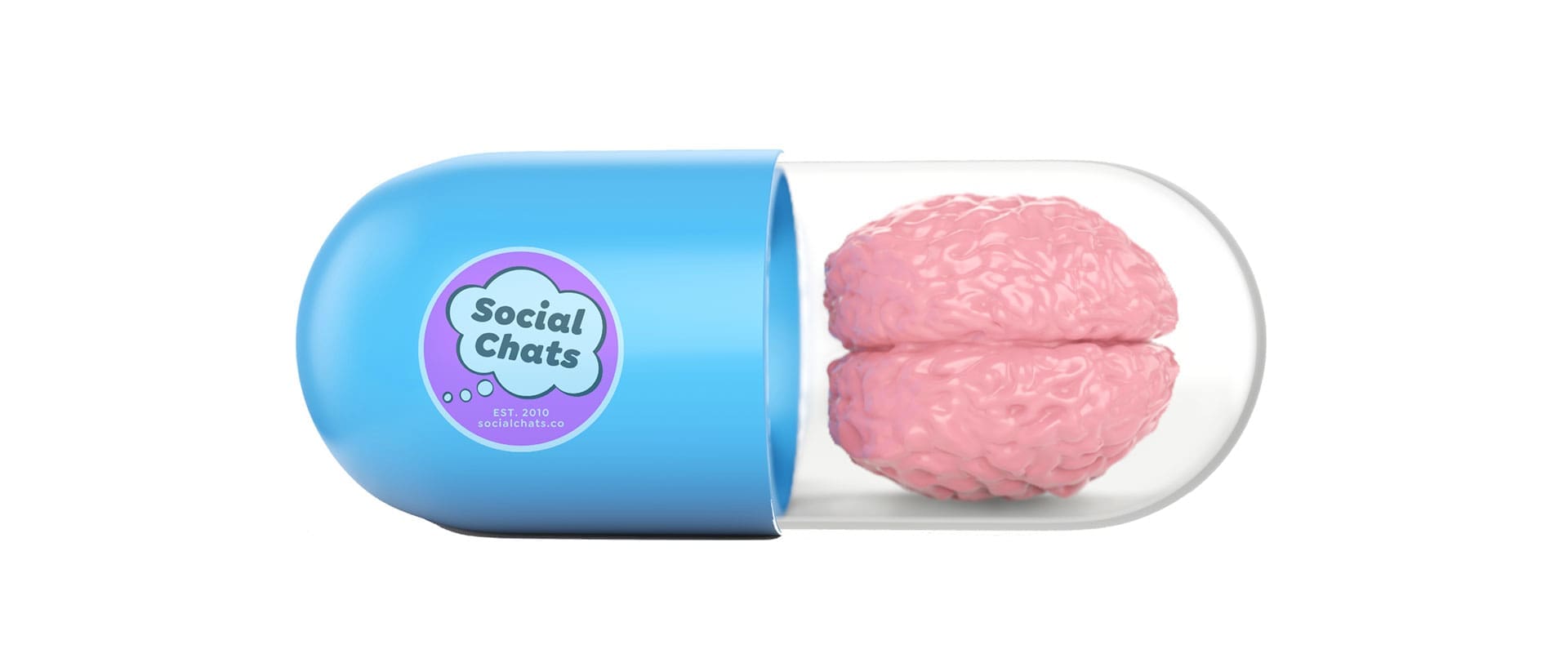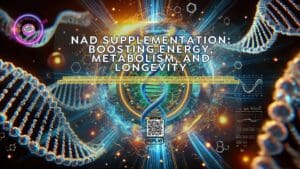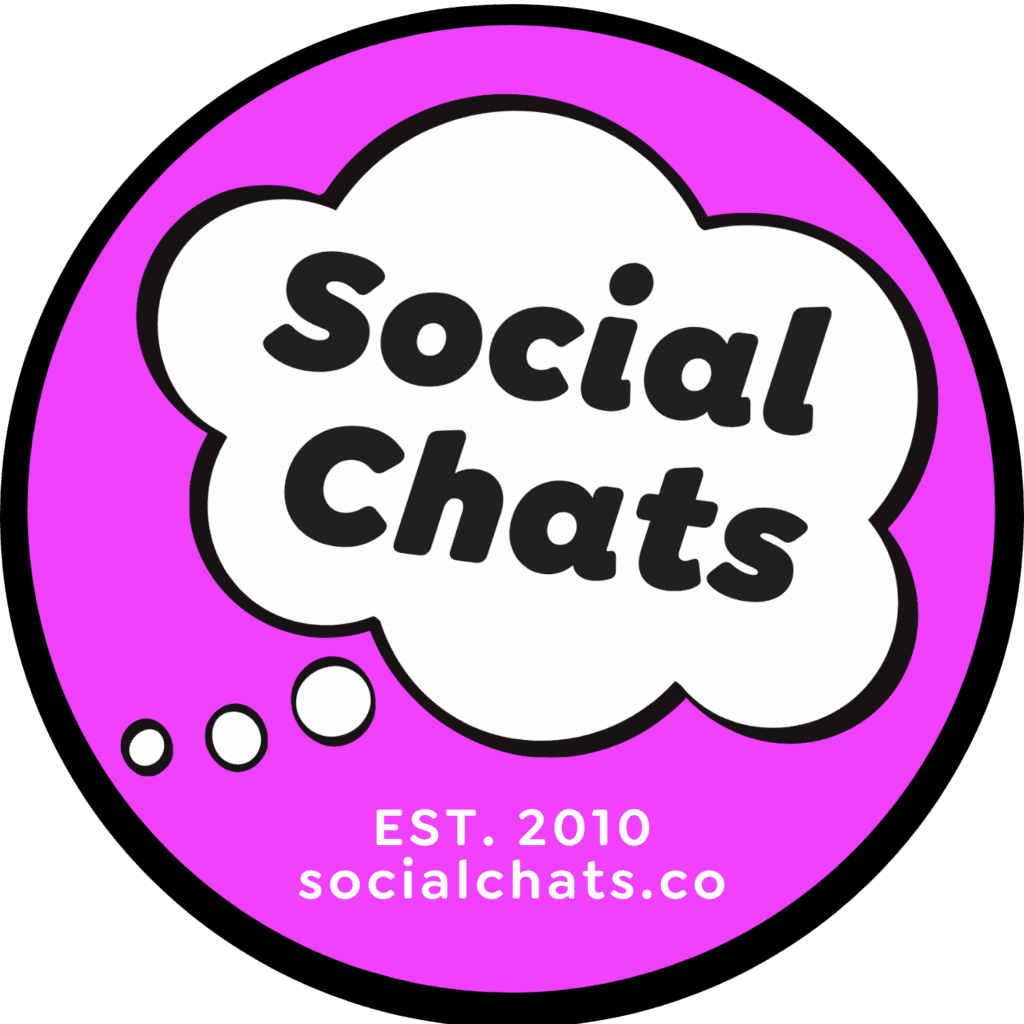

Have you ever felt as if you needed something to enhance your mental function? Nootropics are any medications or supplements that treat the brain. Some examples of prescription medication nootropics include Adderall for ADHD or Axura for Alzheimer’s disease.
Are There Any Side Effects For Prescription-Level Nootropics?
Like all prescription-level medication, there are some side effects, depending on the individual.
● Increased heart rate
● Increased blood pressure
● Trouble sleeping
● Blurry vision
Are There Nootropic Supplements
If you feel you only need over-the-counter nootropic supplements, there are some common ones you may not have realized nootropics:
● Omega-3 fatty acids
● L-theanine
● Caffeine
● Panax ginseng
● Ginkgo biloba
● Creatine
WRITTEN BY
Social Chats
Social Chats is a multimedia and entertainment company. It’s a division of kNOw Aging, inc. a communications consultancy.









